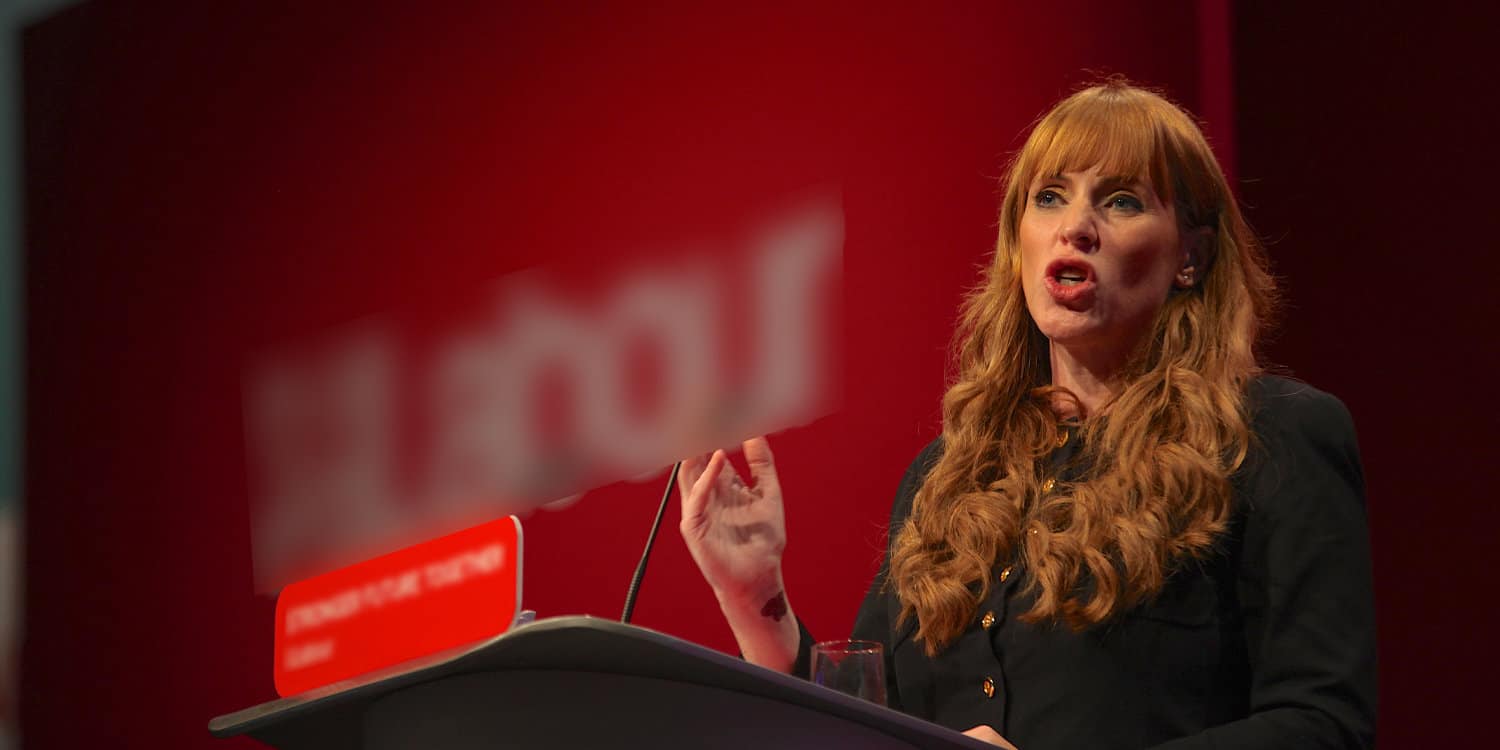Are small businesses being cheated out of opportunities? This is exactly the case according to Labour’s deputy leader, Angela Rayner.
Cheated and choked
In discussions before last weekend’s Small Business Saturday, the deputy leader suggested that whilst the current government consistently say the right things about helping small businesses, they consistently fail to deliver:
“Ministers have let SMEs down at every turn, cheating them out of opportunities as they dish out to the usual giant corporations with the glossiest leaflets or best connections.”
The specific problem is the success rate of small businesses when they bid for public sector contracts, with recent analysis by Spend Network highlighting that small businesses only win 10% of contracts that should have been set aside for them.
These contracts, worth £30 billion a year, should be suitable for smaller businesses. Despite this, and the government’s pledges to support the small business community, big businesses are still expected to win 90% of these contracts.
Angela Rayner said small businesses were being “choked out of tender processes”.
“It is often too easy for government departments to use large businesses that act as aggregators, when the department could, with the right training and process, attract SMEs into the supply chain directly and disaggregate opportunities.“
The situation is worse now than it was 5 years ago
According to the British Chamber of Commerce, small businesses are now actually getting a smaller amount of direct government procurement when compared to 2016:
“In 2016, 25% of public sector procurement spending was awarded directly to SMEs. By 2021, this figure had dropped to 21%, indicating that only just over one in every five pounds spent by Government on public services went straight to SMEs, excluding indirect spend with SMEs via the supply chain. This is significantly behind Central Government’s target of spending one in every three pounds with SMEs by 2022.”
Speaking on this data, Alex Veitch – the Director of Policy and Public Affairs at the British Chamber of Commerce – said: “SMEs have traditionally struggled to access government business and have often found bidding for public sector contracts prohibitively bureaucratic, time-consuming, and expensive.”
Labour’s stance on the issue
Setting out Labour’s position, Angela Rayner stated:
“A Labour government will give small and medium-sized enterprises a fair chance to win contracts. Where the Tories handed billions of pounds to their cronies with links to tax havens, Labour will ensure local businesses are no longer shunted to the back of the queue behind big corporates with more form fillers than workers.”
“Our procurement policy will cut red tape and streamline the bidding process, giving small businesses a genuine shot. Where the Tories had their VIP lane for their donors and cronies, Labour will champion the businesses and enterprises that create wealth for all and contribute to a fairer society.”
What do you think?
Has your business made a bid on a large contract only to lose out to a bigger corporation? What do you think about Angela Rayner’s comments? Is the current government doing enough?
We’d love to hear from you. Get in touch via a comment.
Thanks for reading
We hope you enjoyed the article. For more posts like this see our central blog page.









